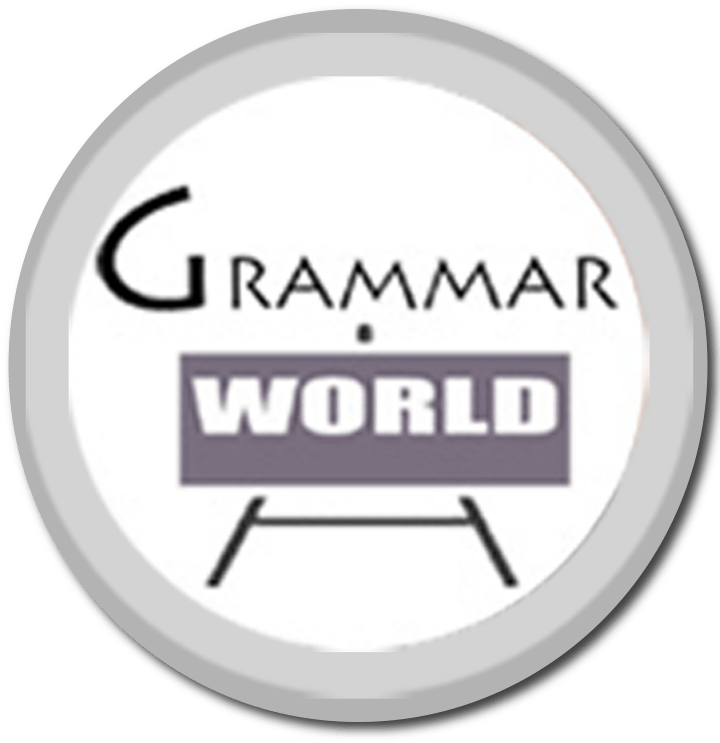Family:
- Nuclear family structure: A family unit consisting of parents and their children.
- Family values and traditions: Core beliefs and customs shared by family members.
- Family dynamics: The patterns of interaction and relationships within a family.
- Parenting styles: Approaches used by parents in raising and disciplining their children.
- Intergenerational relationships: Bonds between different generations within a family.
- Family support systems: Networks of emotional and practical support provided by family members.
- Family cohesion: The degree of unity and connectedness among family members.
- Family responsibilities: Duties and obligations of family members towards one another.
- Family bonding: Emotional connections and attachments between family members.
- Family-oriented societies: Societies that place a strong emphasis on the role of family and prioritize family relationships and values.
Context: The nuclear family structure forms the foundation of many societies, with family values and traditions shaping the core of familial identity. Family dynamics encompass the relationships and interactions between family members, influenced by various parenting styles. Intergenerational relationships foster a sense of continuity, as wisdom and experiences are passed down through generations. Strong family support systems provide emotional and practical assistance during challenging times, enhancing family cohesion. Within a family, each member shares family responsibilities, contributing to the well-being of the whole unit. Nurturing family bonding strengthens connections, fostering a sense of belonging and creating lasting memories. In family-oriented societies, the significance of family is deeply ingrained, promoting unity and providing a strong sense of community and belonging.
